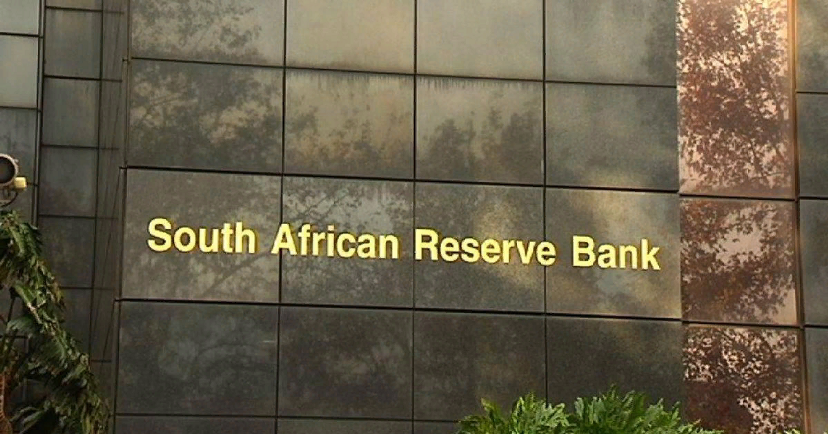
The regulator planned to establish the boundaries for dealing with digital assets in early 2022, according to Bloomberg.
The Note permits bank clients to sell or buy digital assets using their bank accounts. Previously, some local banks blocked their customers who were flagged for using their credit and debit cards to buy cryptocurrency on foreign exchanges. At that time, existing regulations indeed didn’t allow “for cross-border or foreign exchange transfers for the explicit purpose of purchasing crypto assets.”
Now, in the published document, the central bank highlighted that although risk-assessment of digital assets is of major importance, it does not necessarily mean that banks should avoid taking risks completely through “wholesale termination of client relationships”. Such caution, according to the paper, threatens financial integrity.
SARB is paying particular attention to a need for adequate anti-money laundering and counter-financing of terrorism (AML/CFT) controls and urges implementing appropriate monitoring of digital token transactions and maintenance of records for all customers transactions, including fiat-to-fiat, fiat-to-crypto and crypto-to-fiat — for at least five years. Also, financial institutions are obliged to report immediately whenever they suspect illicit crypto transactions.
The South African central bank seems to have kept up with the times quickly enough, responding to the claims of the banks for clearer regulation of digital tokens. Moreover, SARB announced plans to develop its own digital currency. Kuben Naidoo, the Deputy Governor of SARB, said that they have conducted two pilot applications. Naidoo also mentioned the CBDC launch might take place in just a few years.
